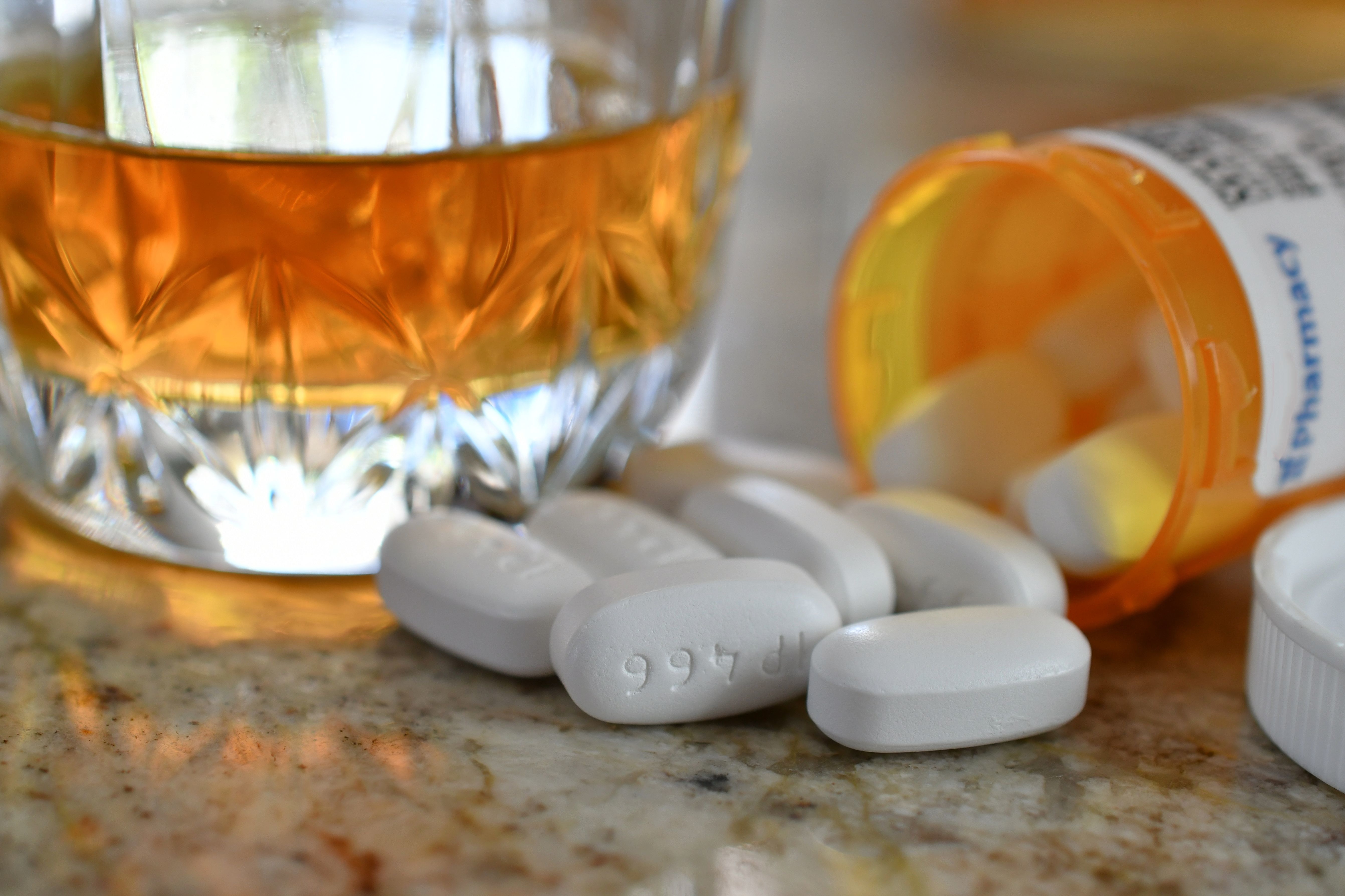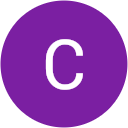Substance Use Assessment and Counseling in St. Louis Near You
Substance Use Assessment and Counseling Overview
ASSESSMENT & COUNSELING SOLUTIONS provides substance use assessments and treatment, including individual counseling, outpatient treatment, a relapse program and aftercare. Assessments can be scheduled for either personal or legal issues. We offer substance use counseling in either group or individual sessions. Primary group treatment programs meet twice weekly in either evening or morning sessions for the period of time assessed as necessary for the client. Aftercare groups meet once per week for 12 weeks. Program length can be kept flexible to meet client needs. We also provide assessments to satisfy court orders, probation requirements and attorney recommendations.
ASSESSMENT & COUNSELING SOLUTIONS is State of Missouri certified and our assessments are accepted by State courts and agencies. A release of information directing us to send a written assessment report to the involved party will be signed by the client.
ASSESSMENT & COUNSELING SOLUTIONS treats substance use disorders—not specific programs for specific drugs. We recognize that alcohol, marijuana, cocaine, methamphetamine, and opiates are all substances that can be abused. While being fully aware of the specific impact of each of these substances, in group we emphasize the similarities of the problems caused rather than the differences. Groups provide clients with a sense of support and hope, counteracting the feeling of being alone with a problem and offering a variety of perspectives as well as solutions.
We also treat substance use issues in individual sessions. Some clients do well with initial individual sessions and then transition to a group program. Individual sessions also provide flexibility in scheduling as well as offering personal attention for issues more effectively resolved in a one-on-one situation.
HOW EFFECTIVE IS DRUG ADDICTION TREATMENT?
- In addition to stopping drug abuse, the goal of treatment is to return people to productive functioning in the family, workplace, and community. According to research that tracks individuals in treatment over extended periods, most people who get into and remain in treatment stop using drugs, decrease their criminal activity, and improve their occupational, social, and psychological functioning.
—Principles of Drug Addiction Treatment: A Research-Based Guide (Third Edition), National Institutes of Health, National Institute on Drug Abuse, December 2018








